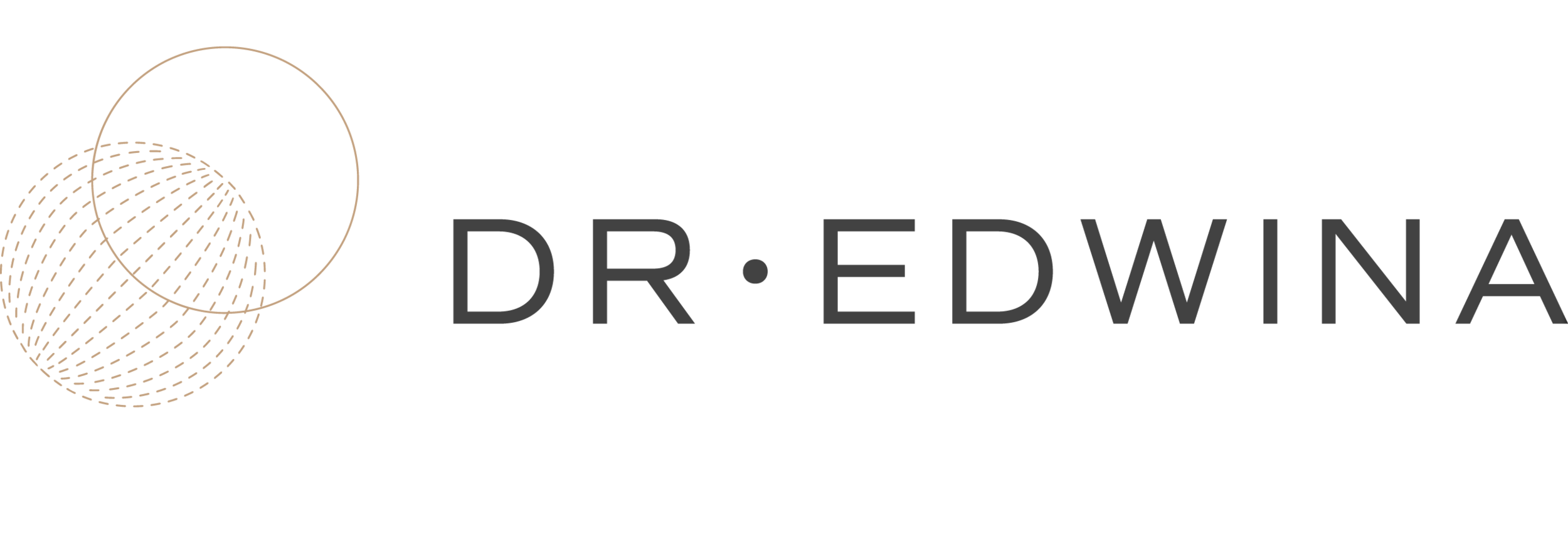Covid-19 Vaccinations and Dermal Filler Treatments
A recent global research survey, initiated by notable UK cosmetic physician Dr Tim Pearce, asked 1503 aesthetic clinicians if they had suffered a reaction to their dermal filler following a Covid-19 vaccination.
Whilst many potential side effects are already known of the immune system’s response to dermal filler, this survey highlights any risk factors associated with particular Covid-19 vaccines, dermal filler quantities and other underlying health issues.
A vaccine is designed to create an inflammatory response from the immune system, so it should come as no surprise that if you’re creating an inflammatory response in the body, it may be accompanied by some side effects. As Dr Pearce notes in his report, nearly all the side effects that he’s seen in patients that can be attributed to vaccines are due to that intended inflammatory response. Research around Covid-19 vaccinations shows us that the body starts producing a benefit to fight Covid-19 virus via an anti-inflammatory result around 3 weeks post-vaccination. The statistics shown in this research all deal with respondents who have had a Covid-19 vaccination and dermal filler within 3 weeks of each other.
“Given that a vaccine may produce side effects from the body’s natural response to an inflammatory mechanism, I’m certainly not concerned that side effects between Covid-19 vaccinations and dermal filler exist – albeit in exceptionally low numbers. But it is my job to assess risk for my patients and duly educate so as an informed treatment decision can be made.”
The Survey Results:
96% of respondents DID NOT report having any facial swelling.
3.7% did report some facial swelling.
Of those 3.7% of respondents who experienced swelling, the following timeframes were reported:
15% of respondents who did experience swelling noticed it within hours, which is quite an immediate response.
46% had swelling within the next 48 hours.
30% within one week.
7% within a month. (please see information re inflammatory responses at the end of this article)
0% reported any swelling after 1 month of the vaccine.
Medical intervention to address swelling:
Of those respondents who reported swelling, only 35% (ie 19 people out of 1503) thought they needed medical treatment (ie anti-inflammatory or anti-histamine) to deal with the swelling, leaving 65% who got better without any medical intervention.
Risk Factors:
The largest risk factors reported were pre-existing allergies and auto-immune diseases. Those who have a pre-existing autoimmune disease or known allergic condition may have an approximate 4% chance of experiencing swelling if they receive the vaccine within 3 weeks of dermal filler.
Keeping in mind that people who have an auto-immune condition or known allergic reactions could experience facial swelling independent of receiving a Covid-19 vaccination. In fact, the researcher noted that the risk factor of experiencing facial swelling from having dermal filler and a Covid-19 vaccination within 3 weeks was roughly the same as if you were to pick up a cold or virus any other time throughout the year.
Facial swelling according the vaccine type:
Only 4.1% of respondents who had been vaccinated with the AstraZeneca vaccine experienced any swelling within 1 month after receiving the vaccine.
Only 3.1% of respondents who had been vaccinated with the Pfizer-BioNtech vaccine experienced any swelling within 1 month after receiving the vaccine.
Statistically, there is no discernible difference between the 2 vaccines and the possible incidence of swelling.
(For the purposes of this article, only the vaccines available in Australia have been discussed, but if and when other vaccine brands become available, the information will be updated.)
Facial swelling according to type of dermal filler:
When it came to identifying if certain filler brands where more likely to illicit an inflammatory response in conjunction with a Covid-19 vaccination there was really no discernible difference at all between filler brands.
How long should I wait between having my dermal filler treatment and a Covid-19 vaccination?
There isn’t much evidence to suggest that people who have existing filler in their system (ie been treated 3 months plus prior) will have any inflammatory response to a Covid-19 vaccination. Research around Covid-19 vaccinations shows us that the body starts producing a benefit via an anti-inflammatory result around 3 weeks post-vaccination, so good science suggests waiting 3 weeks between vaccinations and a dermal filler treatment. Any swelling experienced after this 3-week period is unlikely to be related to the vaccination.
“I would like to put a caveat around these timeframes that choosing to have a Covid-19 vaccination should take scheduling precedence. Please schedule your dermal filler treatments around your Covid-19 vaccinations, not the other way around!”
“If you are at all concerned, I am here to talk with you on the various risk factors and precautions. As with any treatment I administer, please contact myself or your GP immediately if you are experiencing any side effects and we can determine the best course of action. As with the large proportion of any inflammatory responses, a treatment can be administered quite quickly and simply.”



